One of the things I was most worried about when coming to China, back when I first ventured here in late 2016, was whether I would still be able to get my movie fix. For my whole life, I have been in love with cinema, going so far as to carve out a secondary career as a professional film critic, both online and print. Ignorant as most of us are before experiencing real life in China, I had no idea how easy it would (or wouldn’t) be keeping up with the latest movie releases once I’d made the move overseas.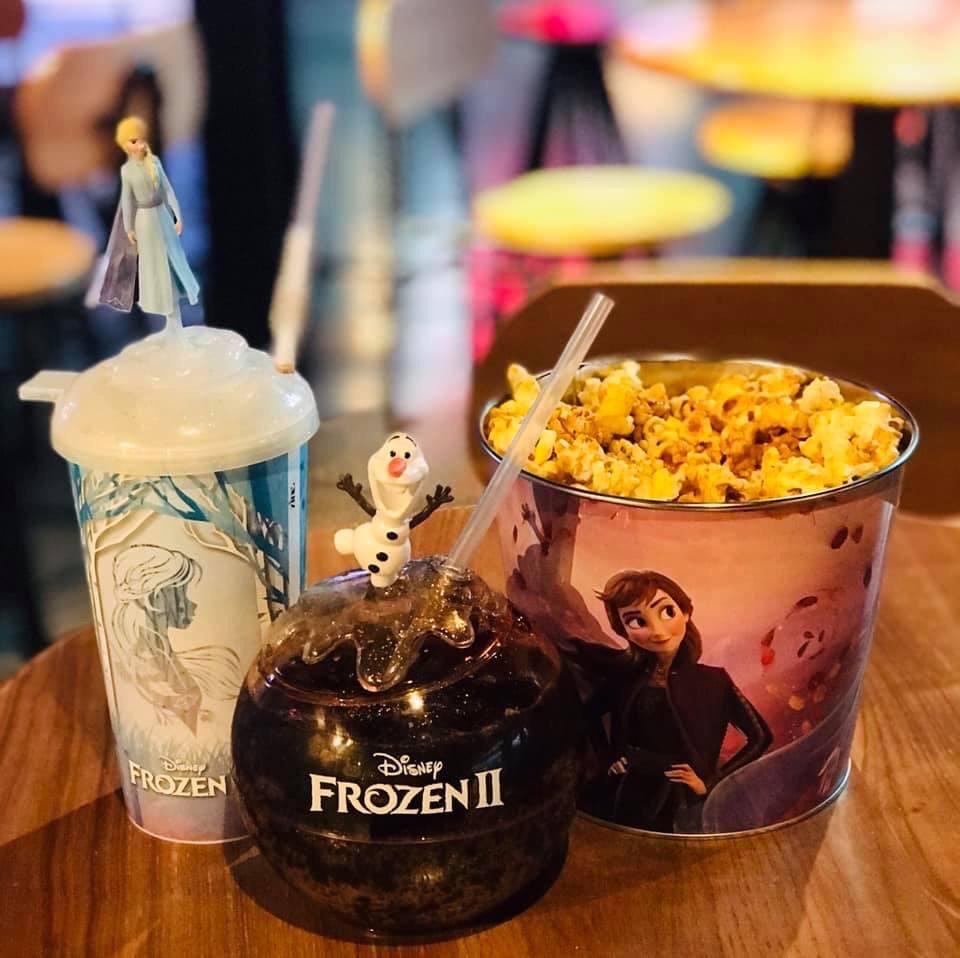
Netflix and chill
Thankfully, with a decent VPN, one finds access to the usual streaming and online rental sites to be fairly easy to come by. Neither Amazon Video or Netflix are made available to residents of China, but can be accessed given some motivation – giving audiences access to their regular streaming addictions from continent to continent. Additionally, such sites as Youku are a haven for English-language television and movies. It wasn’t just online content that I was worried about though. Would I still be able to keep up a regular movie-going schedule in theatres? Not speaking Chinese, I wouldn’t be able to see much of the local flavour, so I was reliant upon Hollywood output travelling overseas.
For the most part, I needn’t have worried. As one of the world’s major movie markets, China is more open to big Western releases than ever. Since moving to China, I have been kept abreast of most of the big releases, from Wonder Woman to The Great Wall, The Meg and the Avengers movies. Once one has mastered the WeChat booking system and self-service pick-up machines, it’s an easy enough process. Most Western releases come with their (usually) unaltered audio tracks, and unobtrusive Chinese subtitles for local audiences. Slightly more troublesome, however, is the hand of the sensor.
C*nsorsh*p in the M*ltipl*xes
While most major blockbusters find their way to the Chinese cinemas these days, it’s not unusual to see them censored to government tastes. My first experience of this was Logan, which had been heavily edited to cut out most of the more extreme violence. No wonder I had found the action sequences to be so choppy and confusing! Similarly, their cut of Alien: Covenant cut out most of the, uh, Alien, making it an Alien film with hardly any Alien in it. The kiss between two Michael Fassbenders certainly didn’t make it through intact either (although the line about “doing the fingering” did – a double-entendre not picked up on by the censors).
If only the script for Shane Black’s Predators had made it through intact – instead, Chinese audiences were treated to a bizarre alternative dub which replaced every single instance of the very sweary script (one character even has a severe case of tourettes) with PG-13 safe ‘damns’ and ‘darn it’. “Eat your pudding!” yells one character, in its most egregious example, to visible confusion by the audience.
Better that than the treatment Quentin Tarantino’s Once Upon a Time… in Hollywood received, due to its (admittedly iffy) controversial depiction of Bruce Lee. Tarantino refused the option to edit the scene out, and so the film was summarily withdrawn from release.
We’re in the Endgame Now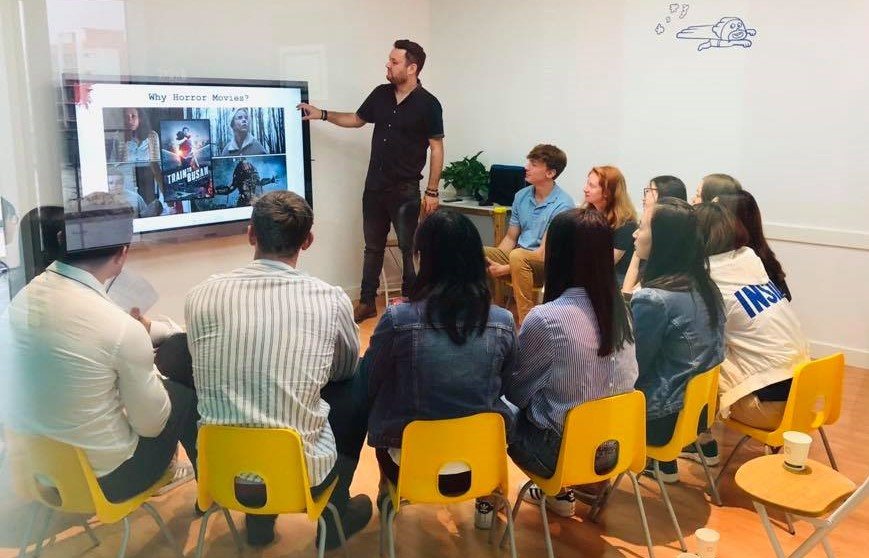
By and large though, the local multiplexes are a great way of keeping up with the latest Hollywood releases. As Hollywood does more and more to cater for Chinese audiences, all of the high-profile stuff tends to make it here sooner or later. Sometimes a lot sooner – in the case of Avengers: Endgame, Spider-Man: Far From Home and Captain Marvel, these films were released earlier in China than they were in the West – by a margin of hours or even actual days.
The atmosphere of the Chinese movie theatre may take some getting used to though – as audiences don’t share the same taboos regarding mobile phones or loud conversation. It can be frustrating, trying to follow a film when the guy in front of you is scrolling through WeChat at full brightness, or a group of friends are loudly chatting in the row behind. During Wonder Woman’s iconic ‘No Man’s Land’s sequence, the entire front row stood up and started recording the action on their mobile phones. Another particularly irritating experience was during Kong: Skull Island, when one nearby audience member stood up to record the helicopter attack, then sat watching and replaying the video on his phone during the quieter dialogue sequences.
This is all part and parcel of the movie theatre experience though – cinemas have their misbehaving audiences, all around the world – and I’d rather risk a bad one than miss out on the latest blockbusters.
As one of the largest consumer markets in the world, China is more open than ever to Western cinema, meaning that movie fans needn’t worry about missing out on all of the thrills, spills and home comforts that a night at the pictures has to offer.



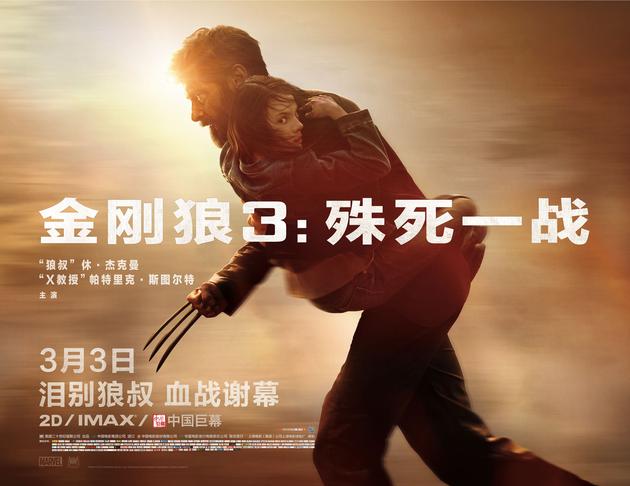


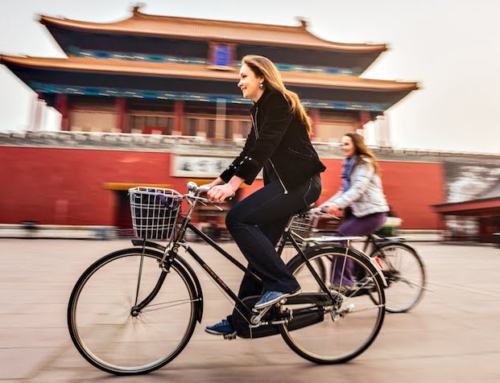
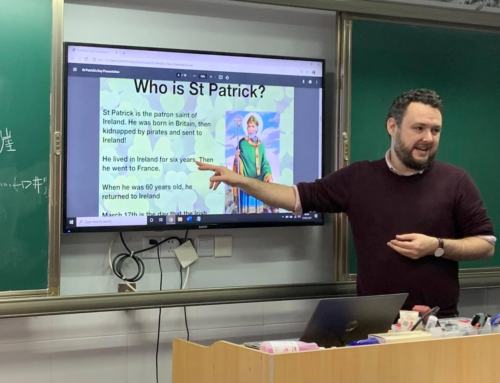










Leave A Comment